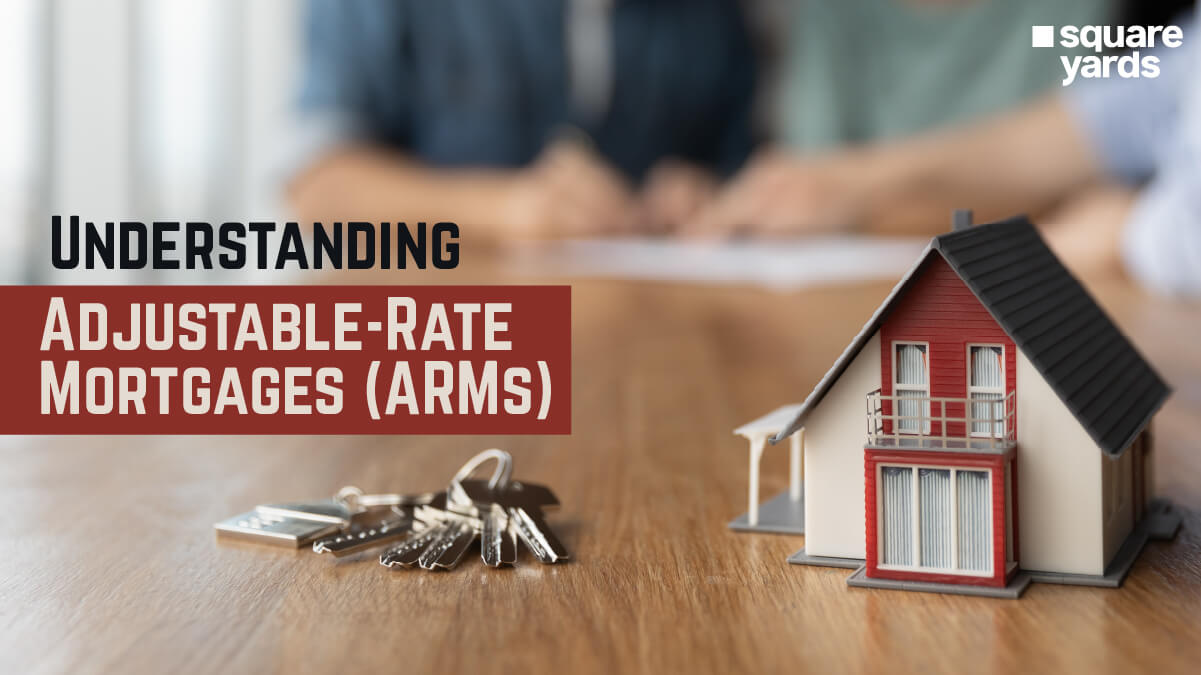In the world of mortgage financing, having a clear understanding of your Loan to Value (LTV) ratio and working to improve it can greatly influence your chances of securing a mortgage, particularly if you have a suboptimal credit score. The LTV ratio, the percentage calculated by dividing the loan amount by the appraised value of the property, is a key indicator for lenders in assessing the risk of lending to a borrower.
When purchasing a home, your credit score plays a pivotal role in the lender’s decision-making process, affecting both your eligibility for a mortgage and the interest rate you will receive. While securing a mortgage with poor credit can be challenging, it is achievable. There are specific mortgage programs designed to assist borrowers with suboptimal credit scores. Consider taking several proactive measures to enhance your likelihood of approval when house hunting with bad credit.
Meaning and Significance of Loan to Value (LTV)
The Loan to Value (LTV) ratio measures the proportion of a loan relative to the appraised value of a property. Essentially, it indicates the percentage of your home’s value financed through a loan versus the percentage you own outright. Lenders use the LTV ratio to evaluate the risk of a mortgage application. A lower LTV ratio suggests reduced risk for lenders, meaning the borrower has a significant equity stake in the property. A high LTV ratio can make obtaining a mortgage difficult for individuals with poor credit. It increases lenders’ risk, so lenders may impose less favourable terms, such as higher interest rates or larger down payment requirements, to offset this risk.
Methods to Boost Your LTV Ratio

Fortunately, there are several methods you can use to enhance your Loan-to-Value (LTV) ratio if you find it unsatisfactory. Here are a few key strategies:
-
- Increase Your Down Payment: A larger down payment is one of the most effective ways to lower your LTV ratio. By contributing more money upfront, you decrease the loan amount in relation to the property’s value, thus improving your LTV. This can make you a more appealing borrower to lenders, potentially resulting in better mortgage terms.
- Enhance Your Credit Score: Although it might take time, improving your credit score can positively influence your LTV ratio. A higher credit score can qualify you for a larger loan or better interest rates, reducing your loan-to-value ratio. Consider paying bills promptly, lowering outstanding debts, and correcting any inaccuracies on your credit report to boost your score.
- Consider Co-Signers or Guarantors: If your credit history is not strong, involving a co-signer or guarantor with a better credit profile can help. Their participation can reduce lenders’ perceived risk, leading to a more favourable LTV ratio and mortgage terms.
Expert Advice for Securing a Bad Credit Mortgage with a Favourable LTV

Seek Expert Assistance
Consult with a mortgage broker or financial advisor specialising in bad credit mortgages. They can provide valuable insights into your options, assess your financial situation, offer personalised advice, and guide you through the mortgage application process to improve your chances of securing a favourable loan to value (LTV) ratio.
Shop Around for Lenders
Do not settle for the first mortgage offer you receive. Research and compare terms from various lenders, including traditional banks, credit unions, and online lenders. Each lender has unique criteria and products, allowing you to find the best option for your situation.
Be Transparent and Prepared
When applying for a mortgage with bad credit, being transparent is crucial. Be transparent about your credit history and financial status with potential lenders. Gather all necessary documentation, such as income statements, tax returns, and proof of assets, to streamline the application process and demonstrate your creditworthiness.
Conclusion
Improving your loan-to-value (LTV) ratio when you have bad credit is challenging but achievable with the right strategies. You can gain valuable insights and personalised advice to navigate the mortgage landscape by seeking professional guidance. Exploring multiple lenders allows you to find the most favourable terms while maintaining transparency and preparedness, which can demonstrate your reliability and creditworthiness to potential lenders. Additionally, consistently working to enhance your credit score, saving for a larger down payment, and managing your finances responsibly can significantly improve your chances of securing a better LTV. You can overcome bad credit challenges and achieve your homeownership dreams with determination and strategic planning.
You May Also Read
|
Guide To Canada Mortgage Statement |
|
|
Know The Canada Mortgage Approval |
|
|
How To Porting a Mortgage |
|
|
What is Letter of Employment For Mortgage |
Frequently Asked Questions (FAQs)
Yes, you can get a mortgage in Canada with a bad credit score, but it may be more challenging and involve higher interest rates and stricter terms. Working with a mortgage broker or alternative lenders can improve your chances.
To get a better loan-to-value (LTV) mortgage, improve your credit score, save for a larger down payment, reduce your overall debt, and maintain a stable income. Searching for lenders and seeking professional financial advice can also help you find more favourable terms.
The required minimum credit score for a conventional mortgage hovers around 680, although this can differ depending on the lender and mortgage type. Some lenders may accept slightly lower scores, but a higher credit score improves your chances. A score exceeding 700 is ideal for mortgage applications.
A poor credit score can prevent you from securing the best annual percentage rate (APR) and limit the options available for your loan amount and repayment terms. APRs for bad credit loans range from 17.80% to 35.99%. Can I get a mortgage in Canada with a bad credit score?
How can I get a better LTV mortgage?
What is the minimum credit score for a mortgage in Canada?
What is the highest mortgage interest rate for bad credit?











